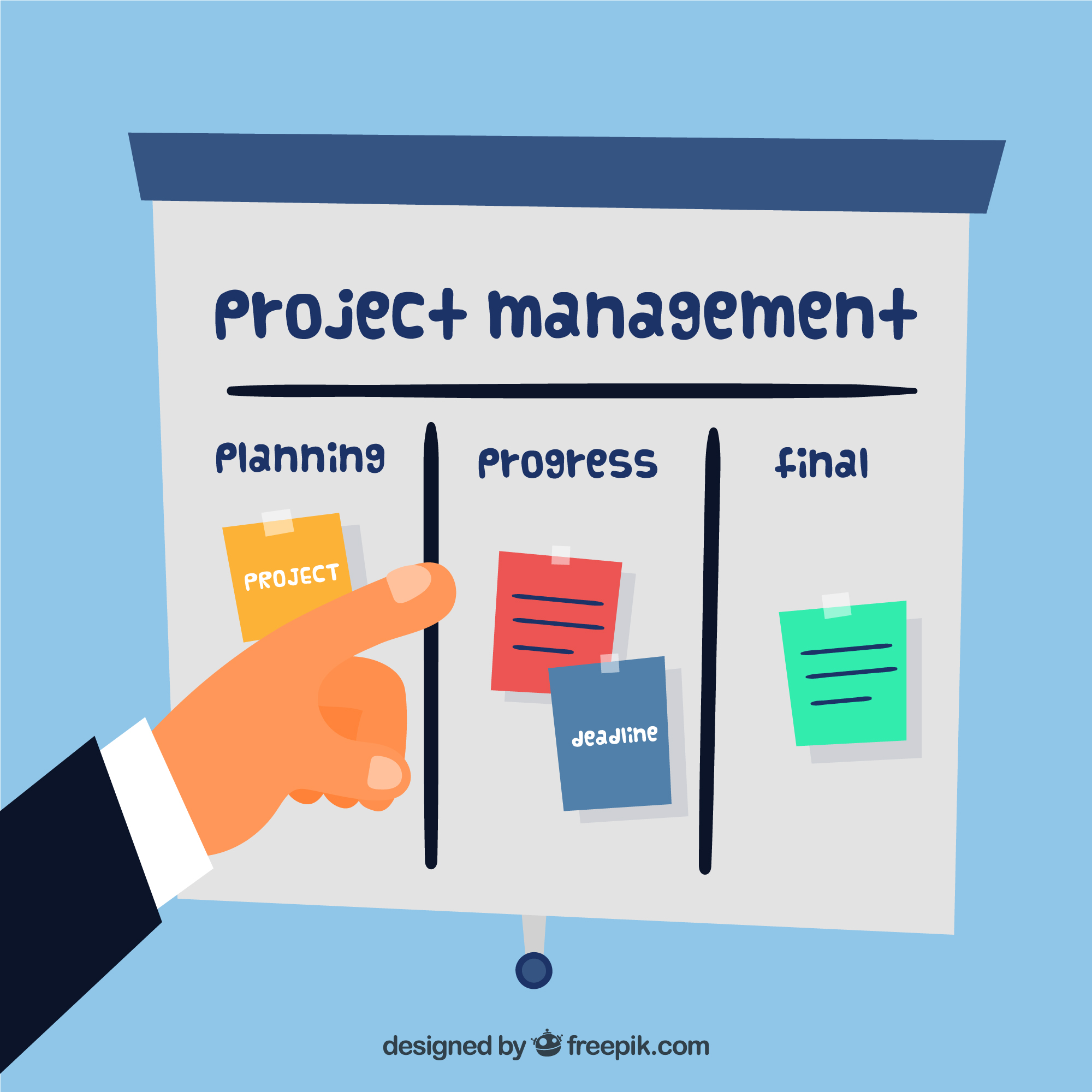Career Gap? Here’s How to Re‑Enter the Workforce with Confidence
- Author :
- Date : 09 Aug 2025
- Time : 10 Min to read

Career Gap? Here's How to Re-Enter the Workforce with Confidence
Published July 2025
Taking a break from professional life is common. Whether due to personal reasons, caregiving, travel, or sabbaticals, a career gap can feel like a setback. The good news is that many professionals return stronger, more purposeful, and with refreshed skill sets. This comprehensive guide offers actionable steps, from updating your resume to re-skilling and rebuilding confidence. It will help you re-enter the workforce with resilience, clarity, and momentum.
Why Career Gaps Don't Define Your Future
- Provide time for reflection, personal growth, or new perspectives
- Allow acquisition of new skills, certifications, or hobbies that enhance employability
- Enable recovery from burnout to return with greater energy and motivation
Employers increasingly recognize career gaps and appreciate candidates who demonstrate proactivity, adaptability, and clarity of purpose upon return.
1. Reflect and Define Your Return Strategy
Start your re-entry with focused reflection:
- Review your strengths, achievements, and core professional competencies
- Define your updated career goals: change industries, advance within your field, or pivot to a new role
- Identify how the gap period added transferable value—such as project management in personal projects or analytical skills in volunteering
Understanding your direction helps tailor your messaging, re-skill plan, and job search timeline.
2. Update Your Resume and LinkedIn Profile
Present your career gap strategically:
- Use a functional or hybrid resume format to highlight skills over chronological order
- Include a summary of your career break, emphasizing proactive steps: coursework, freelancing, volunteering, caregiving
- Highlight any learning, certifications, workshops, or projects completed during the break
- On LinkedIn, show continued growth by listing certifications, volunteer roles, or personal initiatives
Being transparent shows confidence and readiness to re-engage.
3. Upskill Through Short Courses and Certifications
Closing skill gaps builds confidence and credibility:
- Explore digital upskilling in data, leadership, agile, or programming
- Consider structured training to refresh knowledge and demonstrate ambition
- Revise with specialized certificates to regain currency in your field
MentoraX's Python Programming Classroom Course equips learners with practical programming and data manipulation skills. By completing hands-on mini-projects, participants refresh quality problem-solving abilities while gaining automation skills that matter across roles.
4. Engage in Practical Projects
Hands-on work reinvigorates your professional rhythm:
- Volunteer for non-profit initiatives where your skills can shine
- Start a blog, portfolio, or GitHub project showcasing relevant work
- Offer freelance consulting or pro bono services in areas of expertise
Structured projects provide tangible results and conversation points during job interviews, showing proactivity and continuous improvement.
5. Rebuild Confidence Through Practice
Return with intention and capability:
- Conduct mock interviews with peers, mentors, or career coaches
- Participate in online or local job search groups for peer support
- Set micro-goals like updating one skill, networking with two professionals weekly, or applying to a set number of jobs
Each small step reinforces confidence, readiness, and eliminates self-doubt.
6. Network Strategically and Intentionally
Leverage relationships to open doors:
- Reconnect with former colleagues and classmates to share updates and explore opportunities
- Join professional groups on LinkedIn or industry associations to stay informed
- Participate in webinars, meetups, or informational interviews
- Seek internal referrals from alumni or existing connections
Transparent and authentic networking helps recruiters and employers see your value and drive.
7. Prepare to Address the Gap in Interviews
A career break is part of your narrative:
- Share why the break was meaningful—growth, caregiving, exploration
- Discuss how you spent the time intentionally through learning, projects, or leadership work
- Emphasize readiness to rejoin and your motivation for starting now
Practice your gap narrative in mock interviews to feel natural, positive, and authentic.
8. Consider Return to Work Programs
Some organizations run programs designed for professionals returning from breaks. These structured re-entry programs offer mentoring, retraining, and flexible work arrangements to ease the transition.
9. Stay Updated on Industry Trends
Maintain awareness to stay credible:
- Subscribe to newsletters, trade publications, or follow thought leaders
- Attend virtual conferences, workshops, and training sessions to network and learn
- Share insights in blog posts or LinkedIn articles to demonstrate evolving expertise
Being engaged shows potential employers that you are committed to continuous growth.
10. Monitor Your Progress and Adjust the Strategy
Evaluate your return plan regularly:
- Track applications sent, interviews scheduled, and projects completed
- Reflect on skills gained and confidence trajectory
- Modify your approach based on feedback, new interests, or changes in the job market
Flexibility and learning mindset ensure success in a dynamic return journey.
Sample Return Action Plan
| Week | Activity |
|---|---|
| 1-2 | Define goals, update resume, list new skills |
| 3-4 | Enroll in Python classroom course, begin personal/pro bono project |
| 5-6 | Network: contact 10 industry professionals, attend one webinar |
| 7-8 | Apply to 5-10 roles, practice interview scenarios |
| 9-10 | Continue learning, track feedback, refine applications |
Final Thoughts
Re-entering the workforce after a gap is a journey, not a hurdle. By reflecting, upskilling, project building, networking, and storytelling your break meaningfully, you present a confident, future-ready professional profile.
If you want structured learning alongside mentorship and practical projects, our Python Programming Course offers a transformative foundation. Refresh your problem-solving toolkit, build technical fluency, and reinforce your readiness to jump back in.
Return with confidence, clarity, and momentum—and show the world that your career path is ready for its next exciting chapter.
Related Posts




09 Aug 2025 • 11 Min Read
The Importance of Mentoring: How to Find a Great Mentor and How to Be One
None



09 Aug 2025 • 12 Min Read
The Art of Salary Negotiation: What Every Young Professional Should Know
None







09 Aug 2025 • 8 Min Read
Building a Personal Brand in the Digital Age: A Guide for New Professionals
None






12 Jan 2026 • 7 Min Read
MentoraX Approach: Why Technology Alone Is Not Enough
Why sustainable transformation requires more than tools—and how MentoraX connects technology, people, and execution.